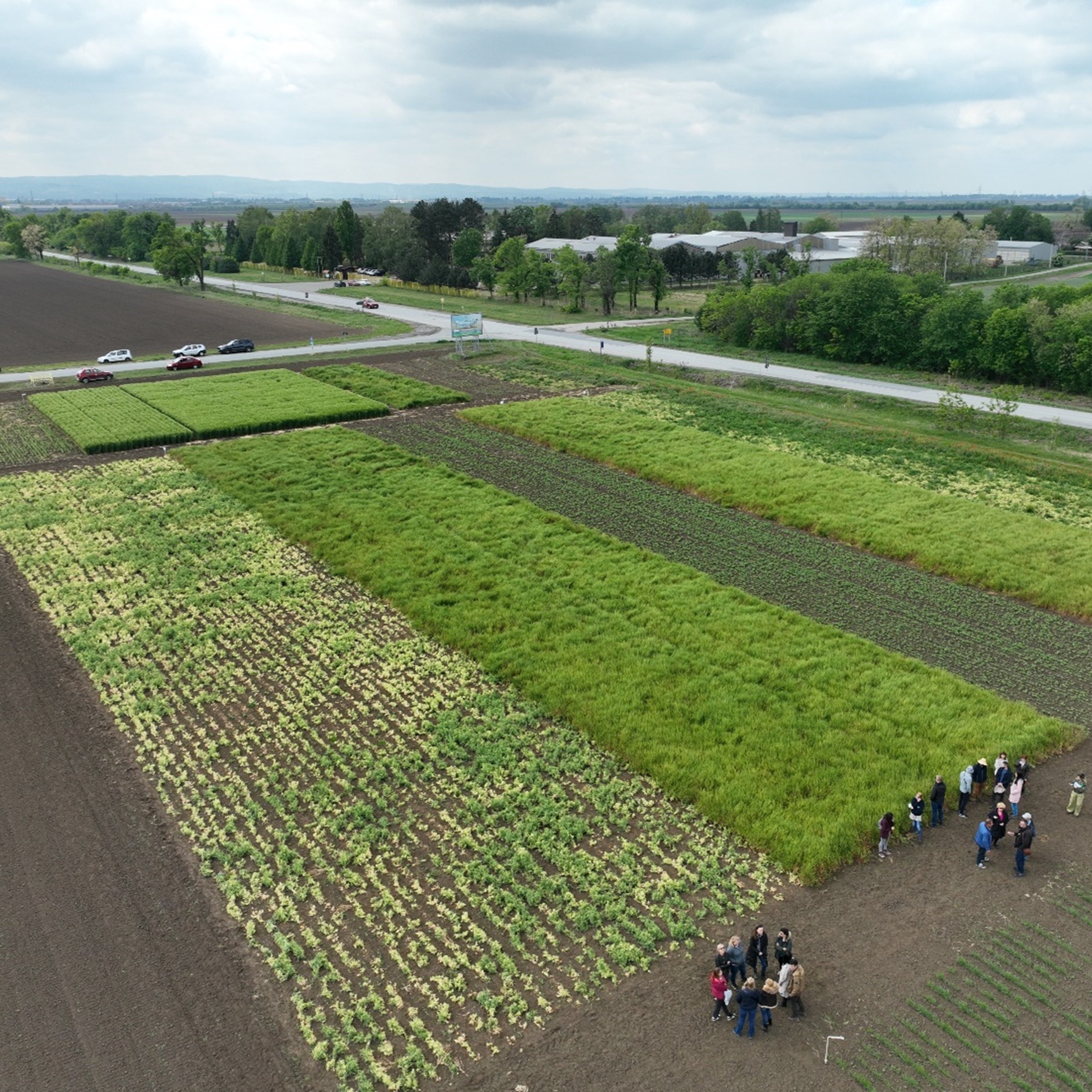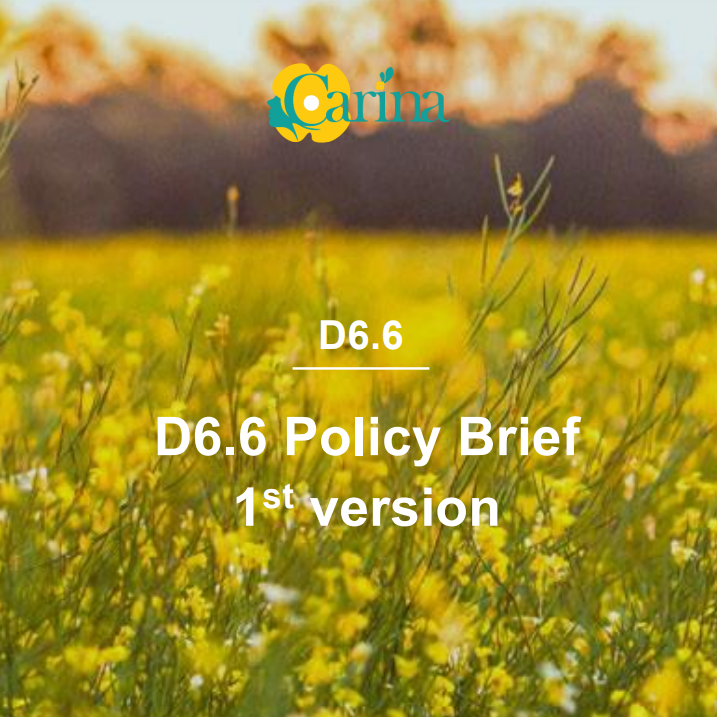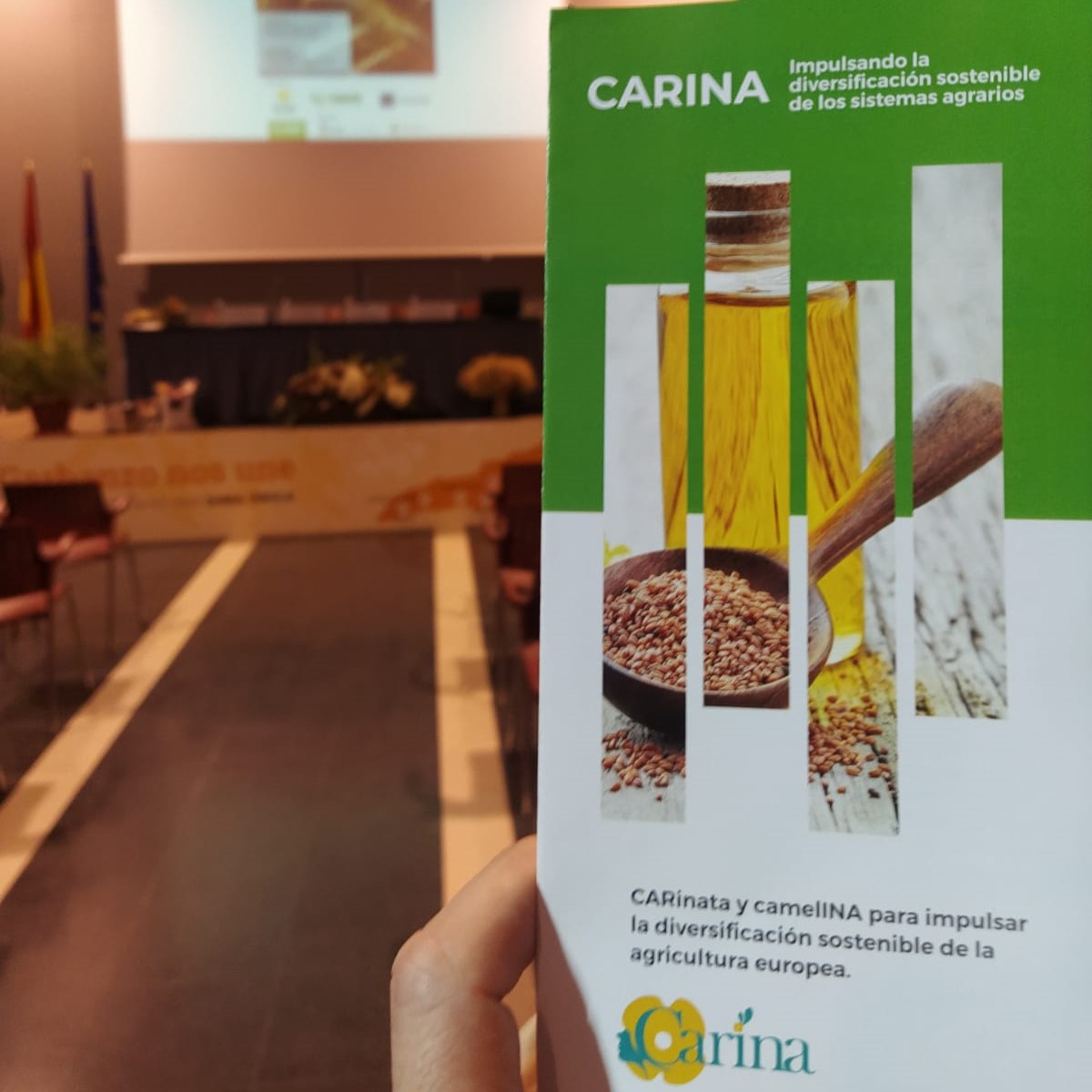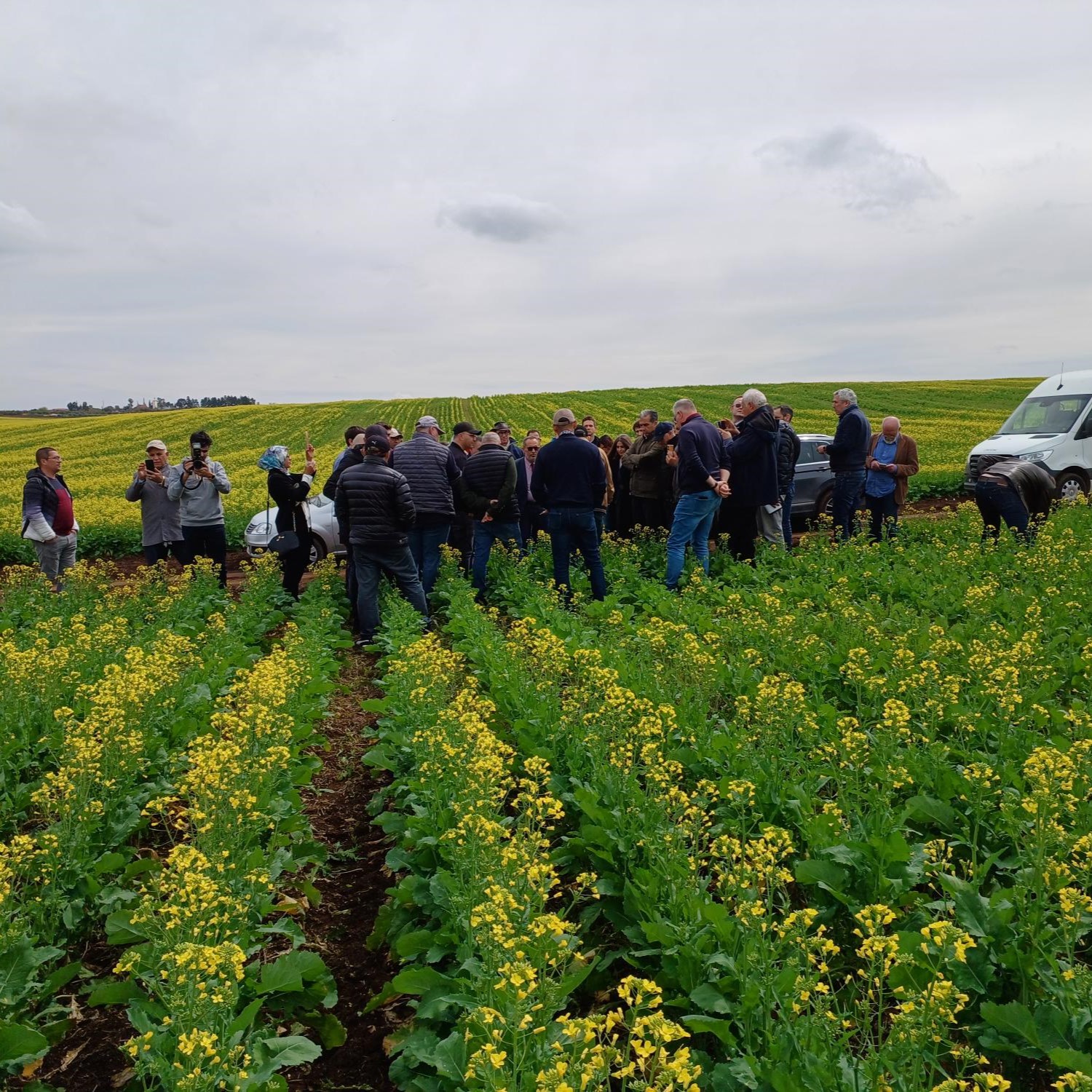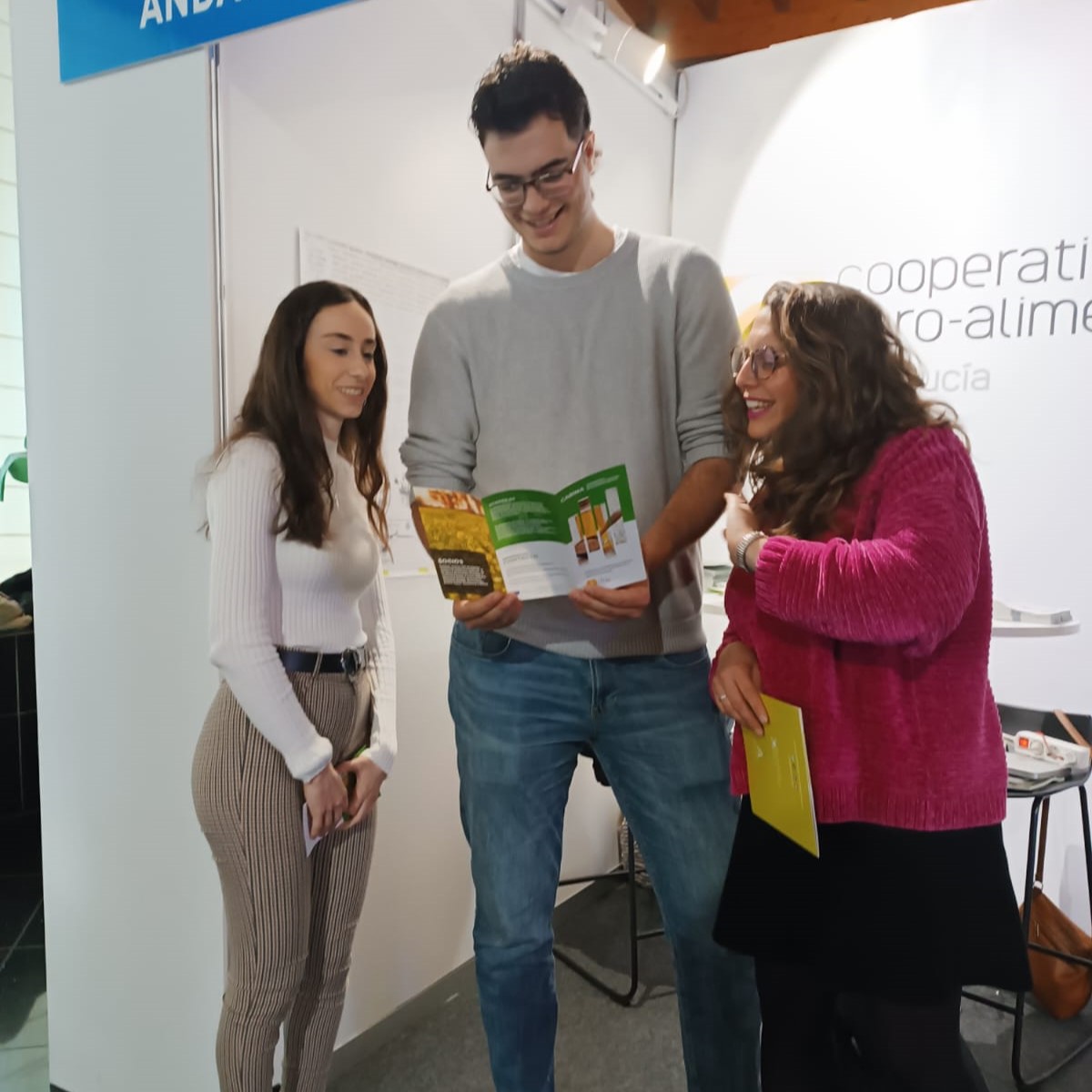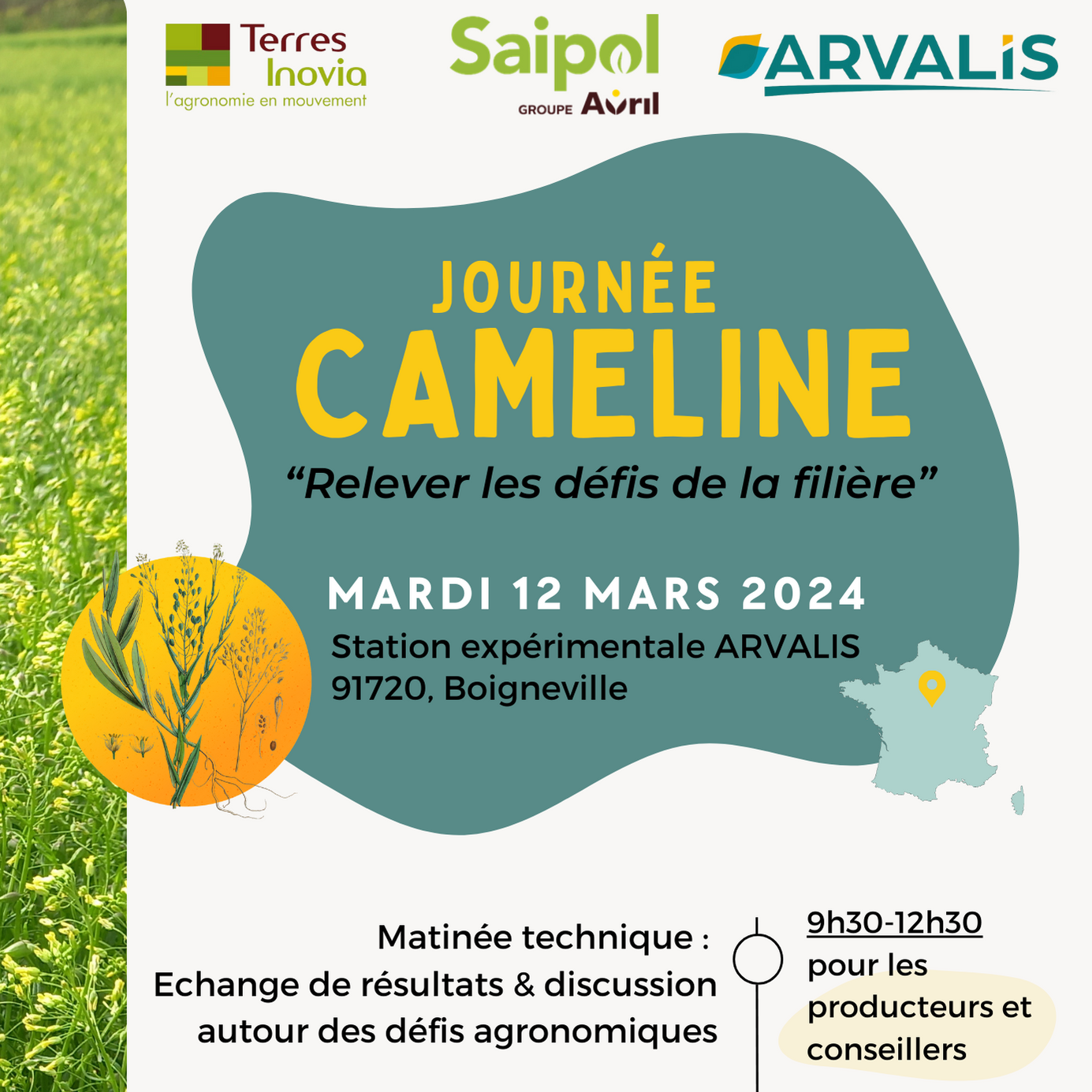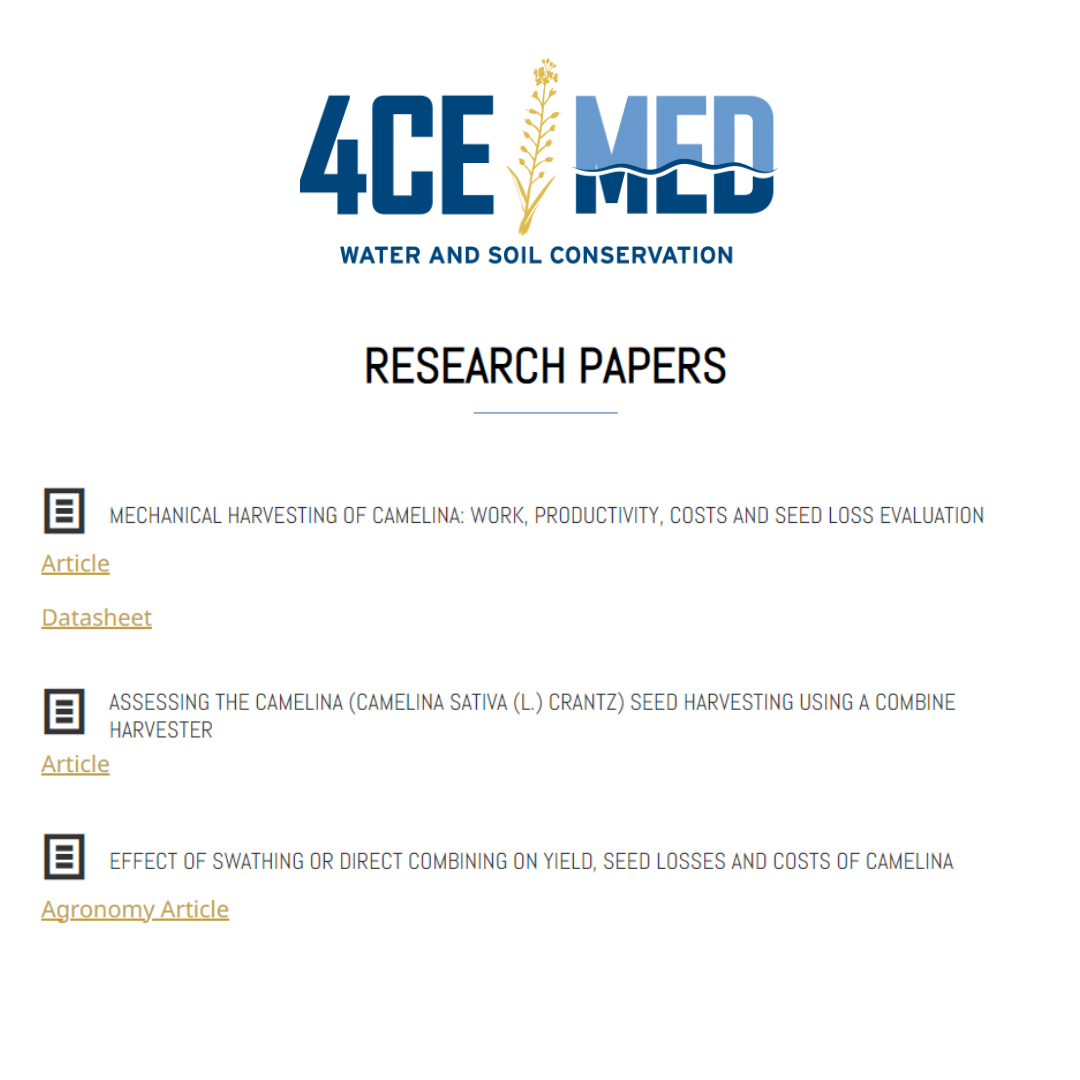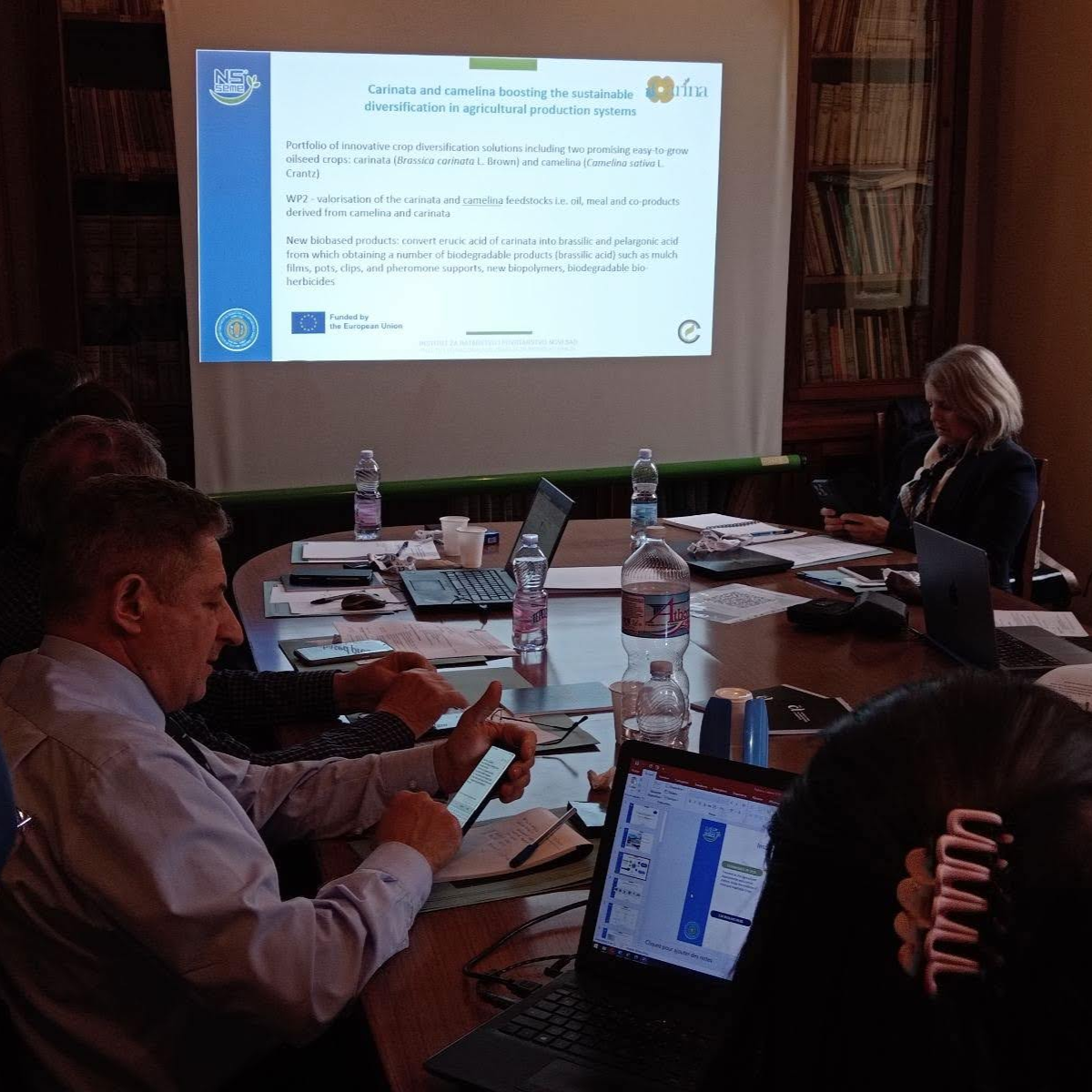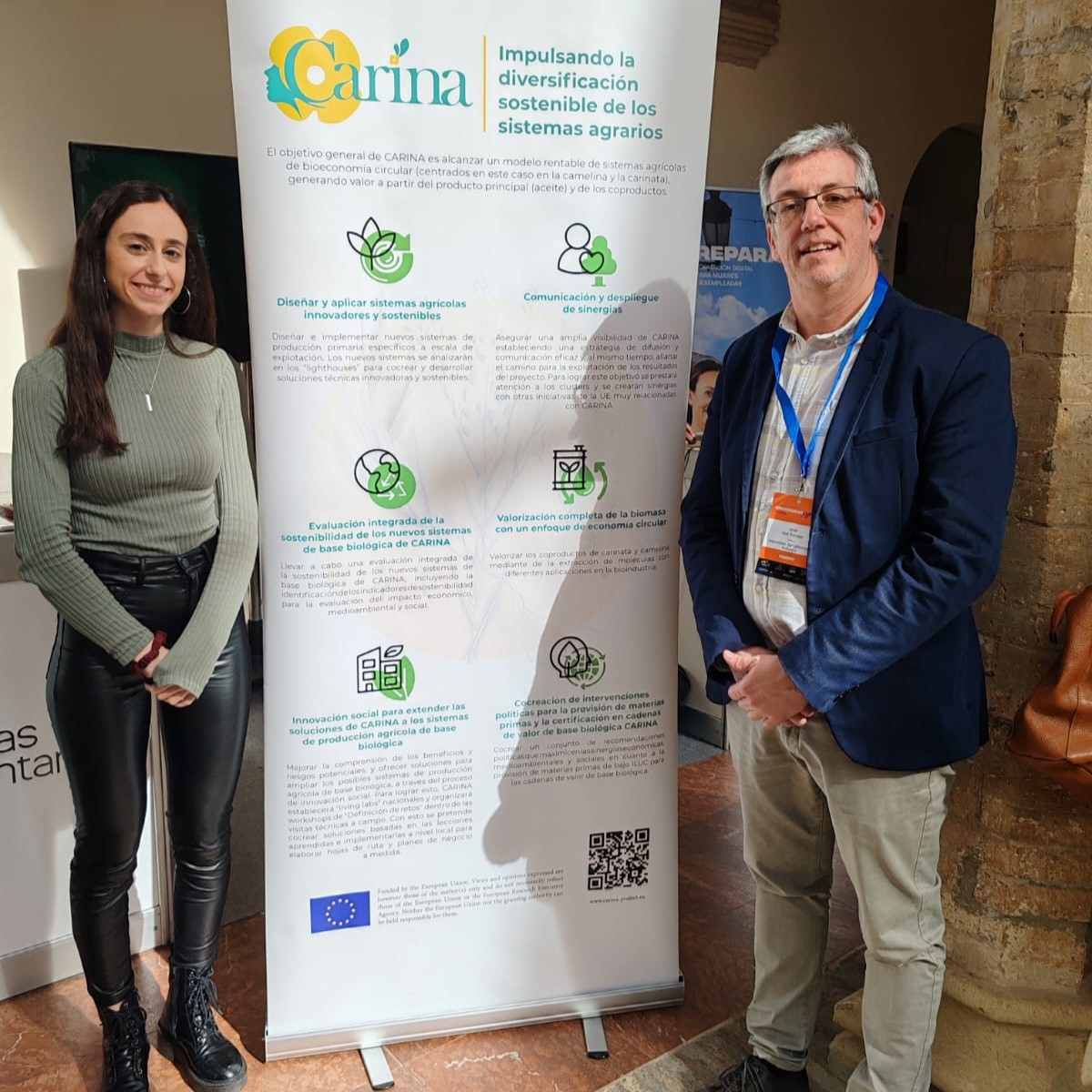In a significant stride toward enhancing knowledge in agricultural practices, the 4CE-MED project proudly presents its three latest scientific publications focusing on Camelina, a promising oilseed crop with multifaceted applications. These insightful publications are now accessible on ZENODO and the Library section of the project’s website (https://www.4cemed.eu/library/#research), offering a wealth of information to agricultural enthusiasts and professionals alike. Take a look at the abstracts of these scientific publications:
Mechanical Harvesting of Camelina: Work Productivity, Costs and Seed Loss Evaluation
Camelina is a low input crop than can be cultivated in rotation with cereals to provide vegetable oil suitable for bioenergy production, industrial applications and even as source of food for livestock. At large scale farming, camelina seeds are currently harvested using a combine harvester, equipped with a cereal header, but the literature still lacks the knowledge of the performance of the machine, the harvesting cost and the related loss of seeds. The present study aims to fulfill that gap by reporting the results obtained from an ad hoc harvest field test. Camelina seed yield was 0.95 Mg ha−1 which accounted for the 18.60% of the total above ground biomass. Theoretical field capacity, effective field capacity and field efficiency were 3.38 ha h−1, 3.17 ha h−1 and 93.7% respectively, albeit the seed loss was 80.1 kg ha−1 FM (7.82% w/w of the potential seed yield). The presence of material other than grain was rather high, 31.77% w/w, which implies a second step of cleaning to avoid undesired modification of the seed quality. Harvesting cost was estimated in 65.97 € ha−1. Our findings provide evidence on the suitability to use a conventional combine harvester equipped with a cereal header for the harvesting of camelina seeds, although some improvements are required to reduce both seed loss and impurities.
Assessing the Camelina (Camelina sativa (L.) Crantz) Seed Harvesting Using a Combine Harvester: A Case-Study on the Assessment of Work Performance and Seed Loss
The growing demand in food and non-food industries for camelina oil is driving the interest of farmers and contractors in investing in such feedstock. Nonetheless, the cost, performance and critical aspects related to the harvesting stage are still not properly investigated. In the present study, an ad-hoc test was performed in Spain in order to fulfill this gap. The results support the hypothesis to harvest camelina seeds with the same combine harvester used for cereal harvesting without further investment. Theoretical field capacity (TFC), effective field capacity (EFC), material capacity (MC), and field efficiency (FE) were 4.34 ha h-1, 4.22 ha h-1, 4.66 Mg h-1 FM, and 97.24%, respectively. The harvesting cost was estimated in 48.51 ha1. Approximately, the seed loss of 0.057 0.028 Mg ha1 FM was due to the impact of the combine harvester header and dehiscence of pods, whilst 0.036 0.006 Mg ha-1 FM of seeds were lost due to inefficiency of the threshing system of the combine harvester. Adjustment of the working speed of the combine and the rotation speed of the reel may help to reduce such loss.
Effect of Swathing or Direct Combining on Yield, Seed Losses and Costs of Camelina
Camelina is an interesting crop and producers must adopt cultural practices to achieve the highest yield and oil content possible. Considering the size of the seed, the harvesting phase is crucial to reduce losses and maximize income. Furthermore, in recent years, with the worsening of climatic conditions due to global warming, crop management can no longer follow the classic seasonality but must adapt to new climatic conditions. The possibility of double cropping, that is the process of producing two crops in a single season, allows multiple advantages such as weed control, greater remuneration, and less exposure to bare soil which determine greater resilience of the production system. To enable this, especially in recent years, even a few days of difference in the cultivation phases can guarantee the success of double cropping. For these reasons, the authors compared two different harvesting strategies: direct combining at full maturity (DC); swathing + combining at full maturity (SW). The working performance, cost, and seed losses associated with each harvesting method were calculated. The results highlighted how SW reduced the crop cycle length by 11 days, did not influence seed losses and crop yield but showed lower performance and higher cost with respect to DC.
These publications cover a range of topics, offering comprehensive research findings that may align with your specific areas of interest. Whether you are an academic, researcher, or enthusiast, we encourage you to delve into this collection to stay abreast of the latest advancements in the field.


